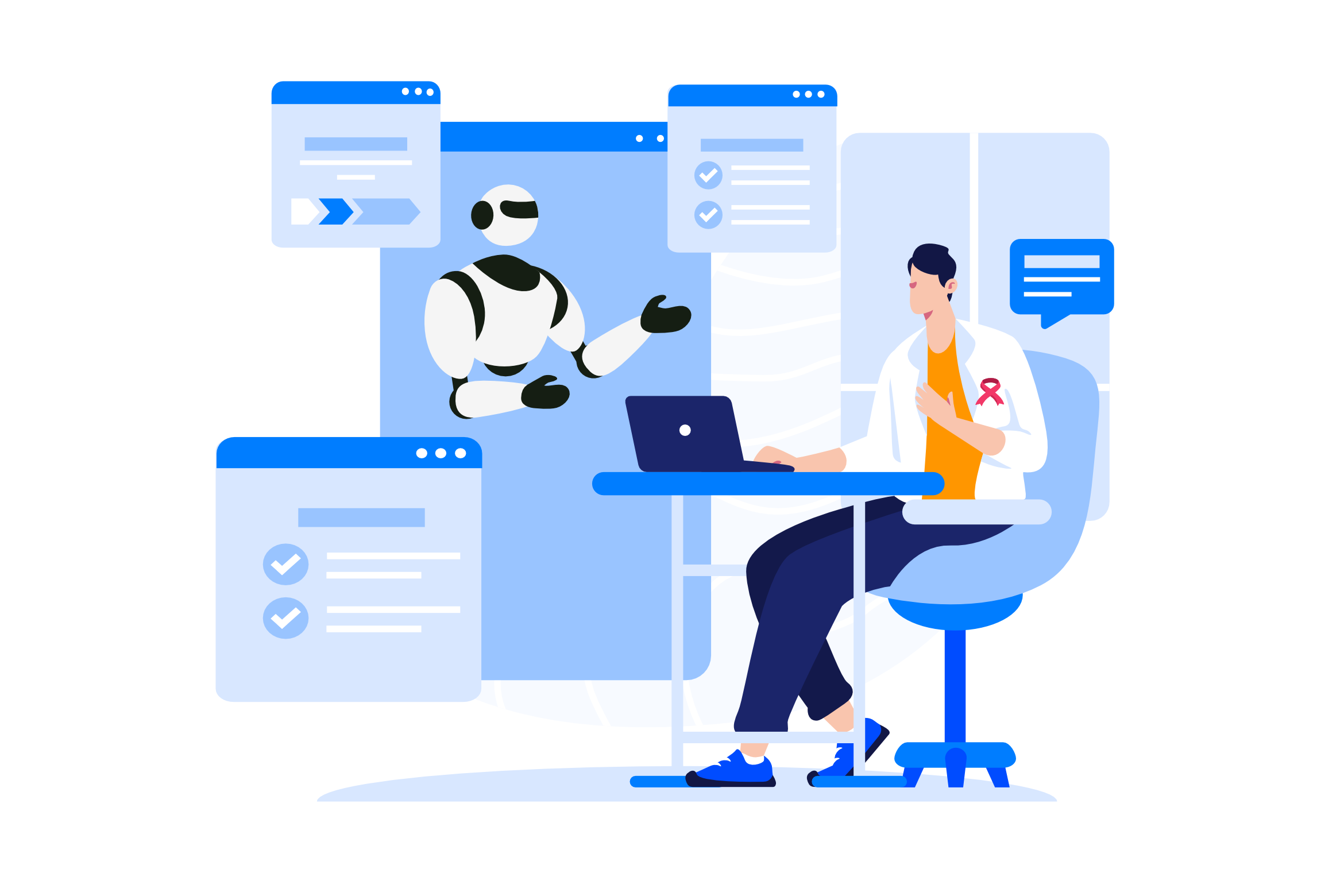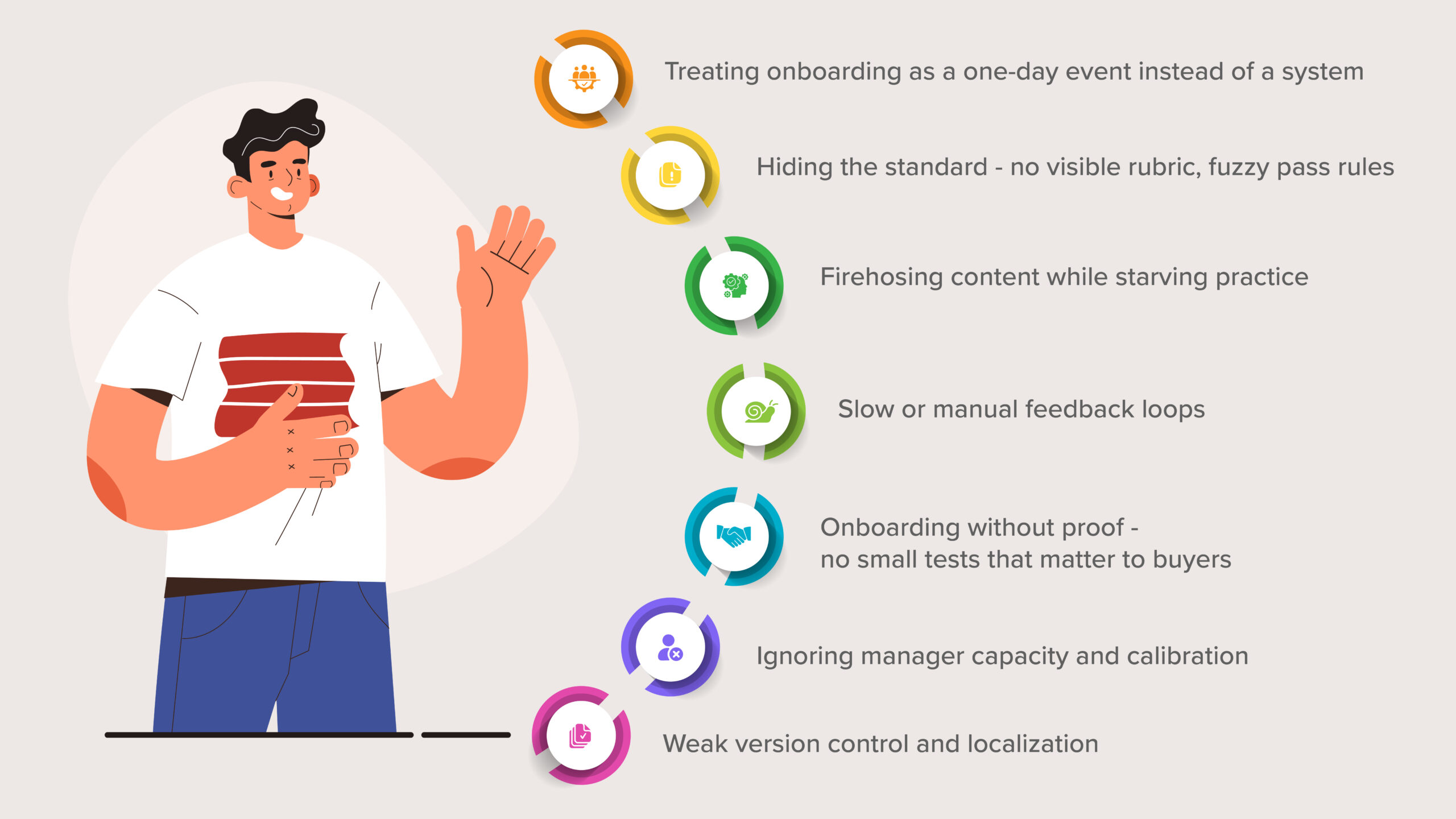The Future of Sales Training: Combining AI and Traditional Learning Methods
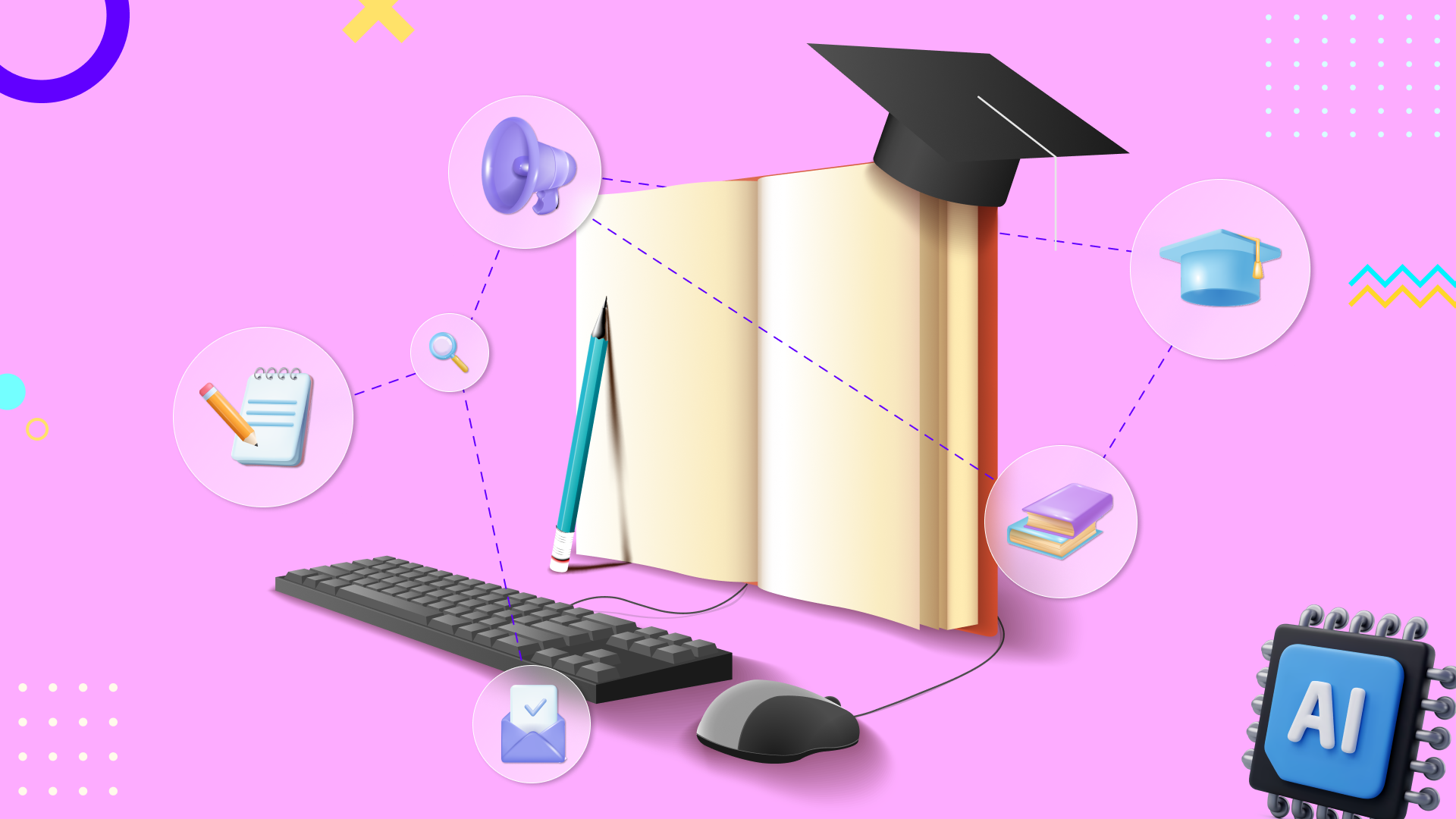
In today’s rapidly evolving sales landscape, organizations are discovering that the future of sales training lies not in choosing between artificial intelligence and traditional methods, but in thoughtfully combining both approaches. This hybrid model is transforming how companies prepare their sales teams for success while addressing long-standing challenges in sales training.
The Power of Hybrid Approaches
Modern sales training is evolving towards a blended learning approach that integrates seamlessly into sales representatives’ daily workflows. As Gary Bright, Director of Commercial Learning and Development EMEA at Boston Scientific, notes: “We create a blended learning journey blended because we have multiple learners, all with different learning needs and that integrates into our team’s daily workflow” Watch the webinar
This hybrid approach recognizes that different learners have different preferences and needs. Some sales professionals, particularly younger cohorts, are driven by results and embrace technology-enabled learning. Others, often more tenured representatives, prefer traditional face-to-face training methods. The key is creating a learning environment that caters to both groups while maintaining consistency in messaging and outcomes.
Technology Integration: AI-Driven Role Plays
- One-way AI sales coaching for presentations and in-service training
- Two-way AI sales coaching for interactive conversations with virtual customers
Industry Trends
- Bite-sized Learning – Companies are moving away from lengthy training sessions and embracing what we call “bite-sized pieces of content” delivered primarily through mobile platforms. This approach aligns with modern consumption habits and keeps sales representatives in the field rather than in training rooms.
- Multilingual Capabilities – AI is “significantly shifting the needle” in addressing language barriers in global organizations. With capabilities like AI-driven audio dubbing and multilingual role plays, companies can now provide consistent training across different regions and languages.
- Data-Driven Coaching – AI-enabled training provides measurable and quantifiable feedback, allowing organizations to track progress and identify areas for improvement more effectively.
Future Predictions
Looking ahead, several developments are likely to shape the future of AI sales role play:
- Personalized Learning Paths – Training will become increasingly personalized, with AI systems adapting to individual learning styles and needs. This includes customizing scenarios based on experience level, market focus, and learning preferences.
- Enhanced Customer Personas – As AI technology evolves, training systems will incorporate more sophisticated customer personas. These personas will simulate different stakeholder types, making sales coaching training scenarios more realistic and valuable.
- Integration with Daily Workflow – Future training solutions will be even more seamlessly integrated into representatives’ daily activities, providing just-in-time learning opportunities and immediate feedback.
- Expanded Use of AI Coaches – AI sales coaching will likely expand beyond sales conversations to cover other aspects of customer interaction, including technical support, customer success, and account management.
The future of sales training is neither purely digital nor traditional – it’s a thoughtful combination of both. “AI is a game changer,” but success lies in “starting small” and building on experiences. Organizations that can effectively blend AI-driven innovations with proven traditional methods will be best positioned to develop high-performing sales teams ready for tomorrow’s challenges.
By embracing this hybrid approach, companies can provide more effective, engaging, and scalable sales coaching training while maintaining the human elements that are crucial for sales success. The key is to view AI not as a replacement for traditional methods, but as a powerful tool to enhance and extend their effectiveness.
Related Posts
Pharma AI Readiness Playbook 2026
Pharma AI Readiness Playbook 2026: Building Smarter, Safer, and More Scalable Sales Teams A practical guide for pharma commercial teams...
AI Roleplays in Oncology: Lessons, Barriers, and Nuances in Field Insights
AI Roleplays in Oncology: Lessons, Barriers, and Nuances in Field Insights The Modern Oncology Training Dilemma The gap between training...
7 Common Onboarding Mistakes Trainers Should Avoid
7 Common Onboarding Mistakes Trainers Should Avoid (and What To Do Instead) When hiring ramps up, training teams often stretch...
Looking for a sales training software that takes your sales training to a whole new level?
Explore SmartWinnr’s Learning and Gamification features. Learn how to run fun and engaging sales training and sales coaching for your team through SmartWinnr.
Curious to learn more about it? Book a demo today!
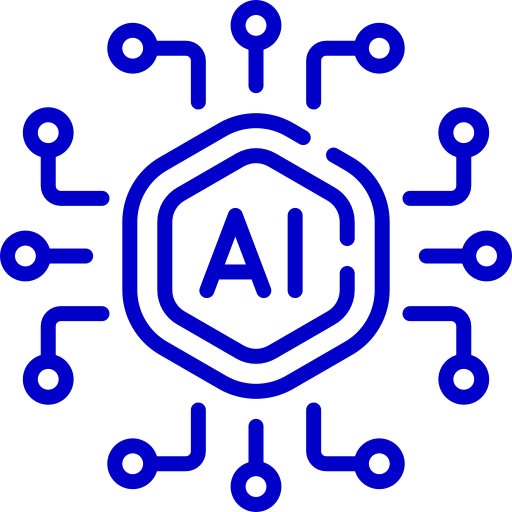 Two way AI Role Plays
Two way AI Role Plays Targeted Learning
Targeted Learning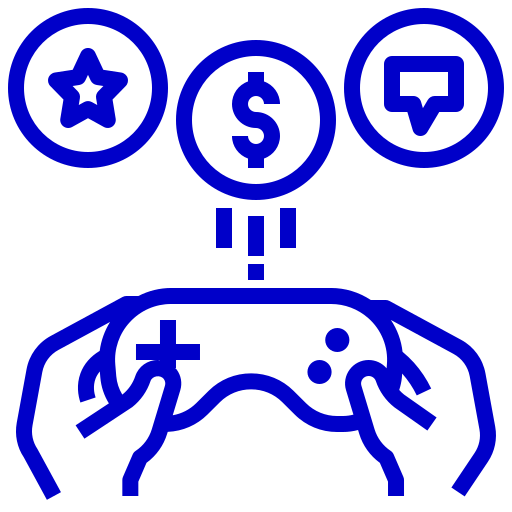 Gamification
Gamification Sales Coaching
Sales Coaching Sales Contest
Sales Contest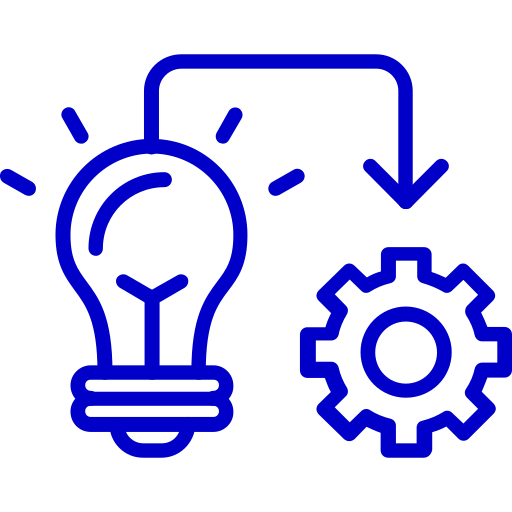 Implementation
Implementation Consulting
Consulting Enterprise Ready
Enterprise Ready Pharmaceuticals
Pharmaceuticals Medical Devices
Medical Devices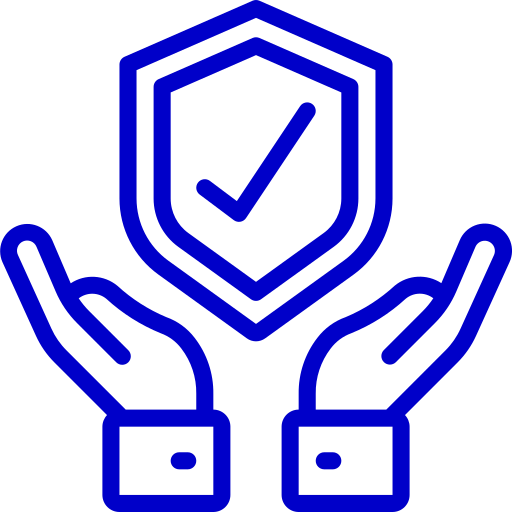 Insurance
Insurance Banking
Banking Technology
Technology Senior Living
Senior Living Sales
Sales Call Centers
Call Centers Marketing
Marketing Improve Sales Productivity
Improve Sales Productivity New Hire Onboarding
New Hire Onboarding New Product Launch
New Product Launch Channel Partner Training
Channel Partner Training Sales Events
Sales Events Success Stories
Success Stories Whitepapers and eBooks
Whitepapers and eBooks Contest Template Designer Tool
Contest Template Designer Tool Sales Training
Sales Training Gamification
Gamification All Blogs
All Blogs